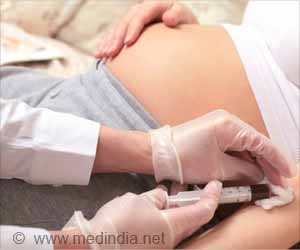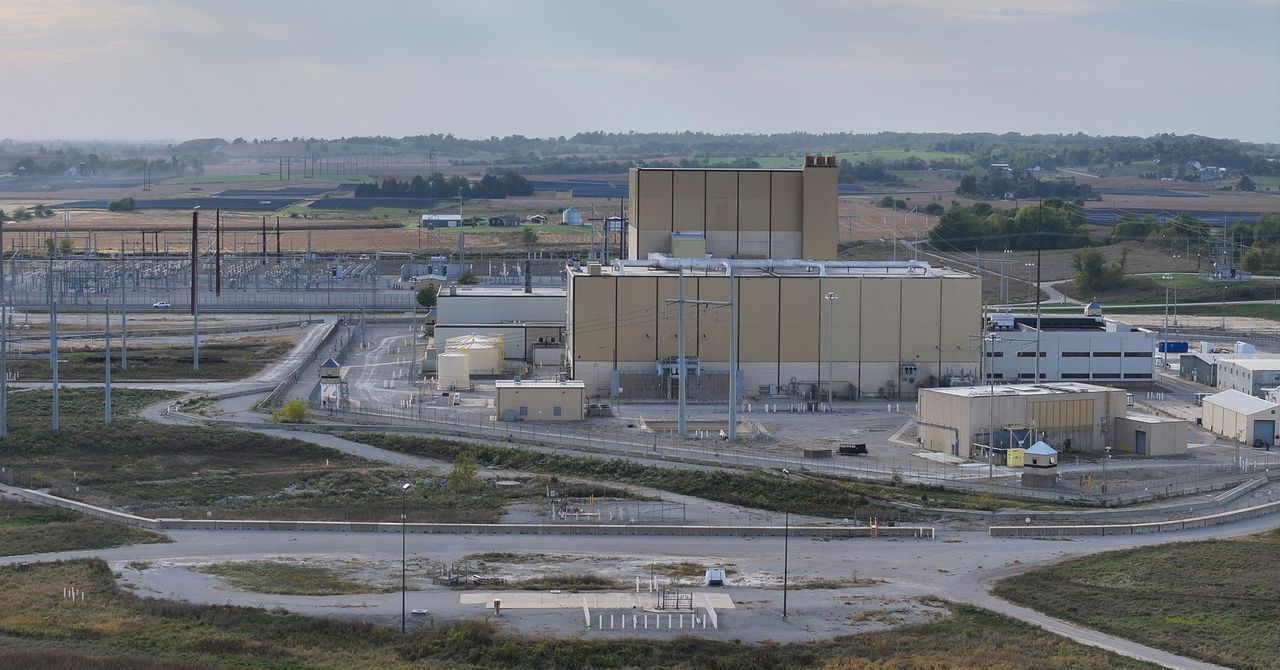Fatty liver disease in pregnancy can have serious consequences for both the mother and the baby.
- Pregnant women with fatty liver had significantly higher odds of serious maternal and perinatal complications
- Women with fatty liver are at a higher risk of developing hypertensive disorders, such as pre-eclampsia
- Alcoholic fatty liver disease can increase the risk of complications, including preterm birth, postpartum hemorrhage and fetal distress
Fatty liver during pregnancy is a rare but potentially life-threatening condition that occurs when excess fat builds up in the liver.
It is an obstetric emergency and carries high morbidity and mortality, including death of both the mother and fetus. Long-chain 3 hydroxy acyl CoA dehydrogenase (LCHAD)deficiency is the most important of these metabolic defects, and20 percent of all cases of acute fatty liver in pregnancy are associated with a deficiency of this enzyme (1✔ ✔Trusted Source
Fatty Liver in Pregnancy
Go to source
).
Causes of Fatty Liver During Pregnancy
- Genetic defects: Deficiencies in enzymes involved in fatty acid oxidation, such as long-chain 3-hydroxyacyl-CoA dehydrogenase (LCHAD) deficiency.
- Hormonal changes: Hormonal fluctuations during pregnancy may affect lipid metabolism and contribute to fatty liver. Estrogen and progesterone fluctuations can affect lipid metabolism, leading to increased triglyceride accumulation in the liver. These hormonal changes can worsen existing liver conditions or increase the risk of developing fatty liver disease during pregnancy.
- Metabolic disorders: Pre-existing metabolic conditions, such as obesity, insulin resistance, or dyslipidemia, can increase the risk. These conditions can also worsen the severity of fatty liver disease, particularly in the context of acute fatty liver of pregnancy (AFLP).
- Multiple pregnancy: Multiple pregnancy (carrying twins or more) is a risk factor for developing acute fatty liver of pregnancy (AFLP) due to increased metabolic demands and hormonal changes associated with multiple pregnancy.
Symptoms of Fatty Liver During Pregnancy
- Nausea and vomiting: Persistent and severe nausea and vomiting.
- Abdominal pain: Pain in the upper right side of the abdomen.
- Dark urine: Urine may appear darker than usual.
- Pale stools: Stools may appear pale or clay-coloured.
- Dizziness or light-headedness:Feeling dizzy or lightheaded.
Complications of Fatty Liver During Pregnancy
Fatty liver during pregnancy, particularly acute fatty liver of pregnancy (AFLP), can lead to serious complications for both mother and baby. These complications include liver failure, kidney failure, premature delivery, and even death.
Maternal Complications:
- Kidney failure: AFLP can impair kidney function, leading to acute kidney injury or failure.
- Hemorrhage: AFLP increases the risk of severe bleeding during or after delivery.
- Preeclampsia: AFLP is often associated with preeclampsia, a condition characterized by high blood pressure and organ damage.
- Cardiac complications: Women with AFLP may be at risk of cardiac complications, such as cardiac arrest.
Fetal Complications:
- Growth restriction: AFLP can lead to intrauterine growth restriction (IUGR), where the baby doesn’t grow at a normal rate.
- Neonatal complications: Babies born to mothers with AFLP may experience complications, such as respiratory distress syndrome.
- Fetal distress: It can lead to reduced blood flow and oxygen supply to the fetus, causing distress.
- Premature birth: AFLP often requires early delivery to prevent further complications, which can lead to premature birth.
Postpartum Complications:
Women with AFLP are at higher risk of postpartum hemorrhage. Early detection, prompt treatment, and close monitoring can help mitigate these complications and ensure the best possible outcomes for both mother and baby.
Long-term Complications:
Women who have had AFLP may be at higher risk of developing it again in future pregnancies.
Prompt diagnosis, careful monitoring, and timely delivery are crucial in managing AFLP and reducing the risk of complications. Regular prenatal care is essential for early detection and intervention.
Prevention of Fatty Liver During Pregnancy
By maintaining a healthy lifestyle and managing risk factors, women can reduce their risk of developing fatty liver disease during pregnancy.
Lifestyle Changes:
- Maintain a healthy weight: Managing weight before and during pregnancy can reduce the risk of fatty liver. Engaging in regular physical activity can improve insulin sensitivity and overall health.
- Balanced diet: Eating a nutritious diet rich in fruits, vegetables, whole grains, and lean proteins can support liver health.
Managing Pre-existing Conditions:
Managing conditions like diabetes, high blood pressure, and dyslipidemia can reduce the risk of fatty liver. Regular check-ups with healthcare providers can help monitor liver function and detect any issues early. Women with a family history of metabolic disorders or fatty liver disease may benefit from genetic counseling and closer monitoring during pregnancy.
Reduce intake of sugary drinks, juices, and processed foods, as they can contribute to fat accumulation in the liver.
Medication Management:
Discuss any medications or supplements with your doctor to ensure they are safe for both you and your baby. Routine medical examinations can detect early signs of liver damage, and it’s important to monitor liver function regularly, especially if you have an enlarged or inflamed liver.
Management of Fatty Liver During Pregnancy
Obstetric Management:
Continuous fetal monitoring to assess fetal well-being. Planning for delivery, often via cesarean section, depending on the severity of the condition and fetal status. Effective obstetric management requires a multidisciplinary approach, prompt recognition, and timely intervention to ensure the best possible outcomes for both mother and fetus.
Postpartum Care:
Postpartum care for fatty liver during pregnancy involves close monitoring and supportive treatment to manage the condition and prevent complications. Providing supportive care to manage any ongoing symptoms or complications.
Fatty liver during pregnancy is a serious condition that requires prompt medical attention. Stress can negatively impact liver health, so find healthy ways to manage stress, such as exercise, yoga, or meditation. Minimize exposure to environmental toxins, as they can also affect liver function.Early diagnosis, careful observation, and a multidisciplinary strategy can enhance outcomes for both the mother and the baby!
Reference:
- Fatty Liver in Pregnancy – (https://www.ncbi.nlm.nih.gov/books/NBK545315/)
Source-Medindia













Leave a Reply